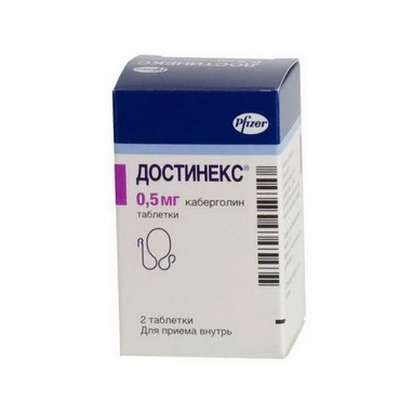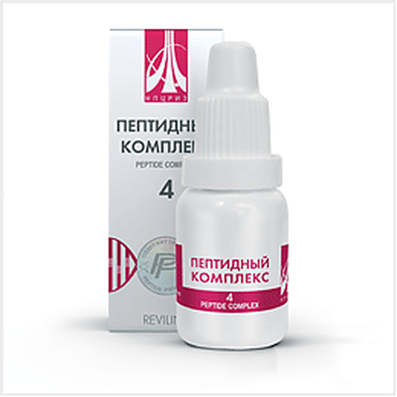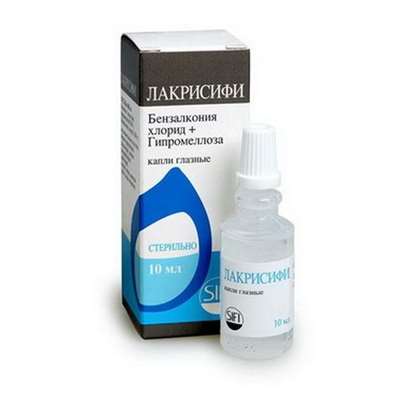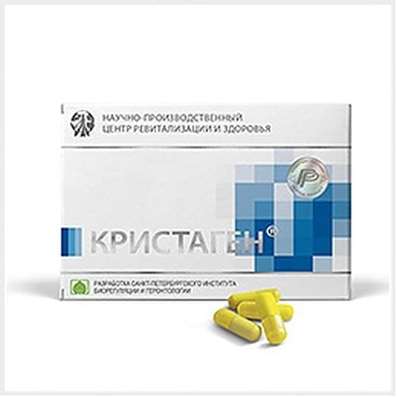Instruction for use: Berberil N
I want this, give me price
Trade name of the drug – Berberil® N
Active substance: Tetryzoline
ATX code S01GA02 Tetryzoline
Pharmacotherapeutic group:
Alpha-adrenoceptor agonists
decongestant
Ophthalmic tools
The nosological classification (ICD-10)
H10 Conjunctivitis
Conjunctivitis infectious-inflammatory,Bacterial conjunctivitis, red-eye syndrome, Superficial infection of the eye, Chronic non-infectious conjunctivitis
H10.1 Acute atopic conjunctivitis
Allergic conjunctivitis, Allergic eye disease, Allergic conjunctivitis, Allergic conjunctivitis is caused by chemical and physical factors, Allergic rhinoconjunctivitis,Allergic inflammation of the eye, Spring catarrh, Spring keratitis, Spring conjunctivitis, allergic Conjunctivitis, Perennial allergic conjunctivitis,Exacerbation of pollen allergy in the form of Syndrome rinokonyunktivalnogo, Acute allergic keratoconjunctivitis, Acute allergic conjunctivitis,Superficial bacterial eye infections,rhinoconjunctivitis, Seasonal allergic conjunctivitis, Seasonal conjunctivitis, Sennoz, Chronic allergic keratoconjunctivitis, Chronic allergic conjunctivitis
H57.1 Ocular pain
eye pain, Pain in the eyes
Composition
1 ml of solution contains 0.5 mg of tetryzoline hydrochloride; in bottles of 10 ml, in the box one bottle, or in mini-vials for single-use 0.5 ml in box of 10 pcs.
Pharmacological Properties of Berberil® NPharmachologic effect
vasoconstrictor, sympathomimetic.
Indications of Berberil® N
Eye irritation, allergic conjunctivitis, itchiness and swelling, conjunctival hyperemia caused by chemical and physical factors (dust, cosmetics, light, chlorinated water).
Contraindications
Hypersensitivity; angle-closure glaucoma, severe heart disease (coronary artery disease, hypertension), phaeochromocytoma, metabolic disorders (hyperthyroidism, diabetes mellitus), children's age (up to 2 years).
Pregnancy and breast-feeding
Perhaps if the potential benefit to the mother outweighs the risk of side effects in the fetus. Nursing mothers should stop breast-feeding.
Side effects
Blurred vision, conjunctival irritation, mydriasis, headache, tremor, weakness, sweating, palpitations, increased blood pressure, allergic reactions.
Interaction
Incompatible with MAO inhibitors, certain antidepressants (tranklipromin), hypertensive drugs.
Dosage and Administration
Intra-conjunctival. 2-3 times / day, 1 drop in the conjunctival sac, of not more than 4 days without interruption.
Overdose
Symptoms: eye and headaches, blurred vision, "flying" point before his eyes.
Precautionary measures
Caution should be exercised when driving and operating machinery.
special instructions
Irritation or redness of the eyes is often a sign of a more serious disease. In the absence of effect of 48 hours is necessary to consult a doctor or stop the instillation. Mini-single-use vial is intended for single application in both eyes, keep the vial at a landfill should be perpendicular above the eye.
Contact lenses should be removed and inserted no earlier than 10 minutes after the application (in order to avoid clouding of the material).
Storage conditions of Berberil® N
The temperature is not higher than 25 ° C.
Keep out of the reach of children.
Shelf life of Berberil® N
3 years. After opening - 6 weeks.
Do not use beyond the expiration date printed on the package.

 Cart
Cart





